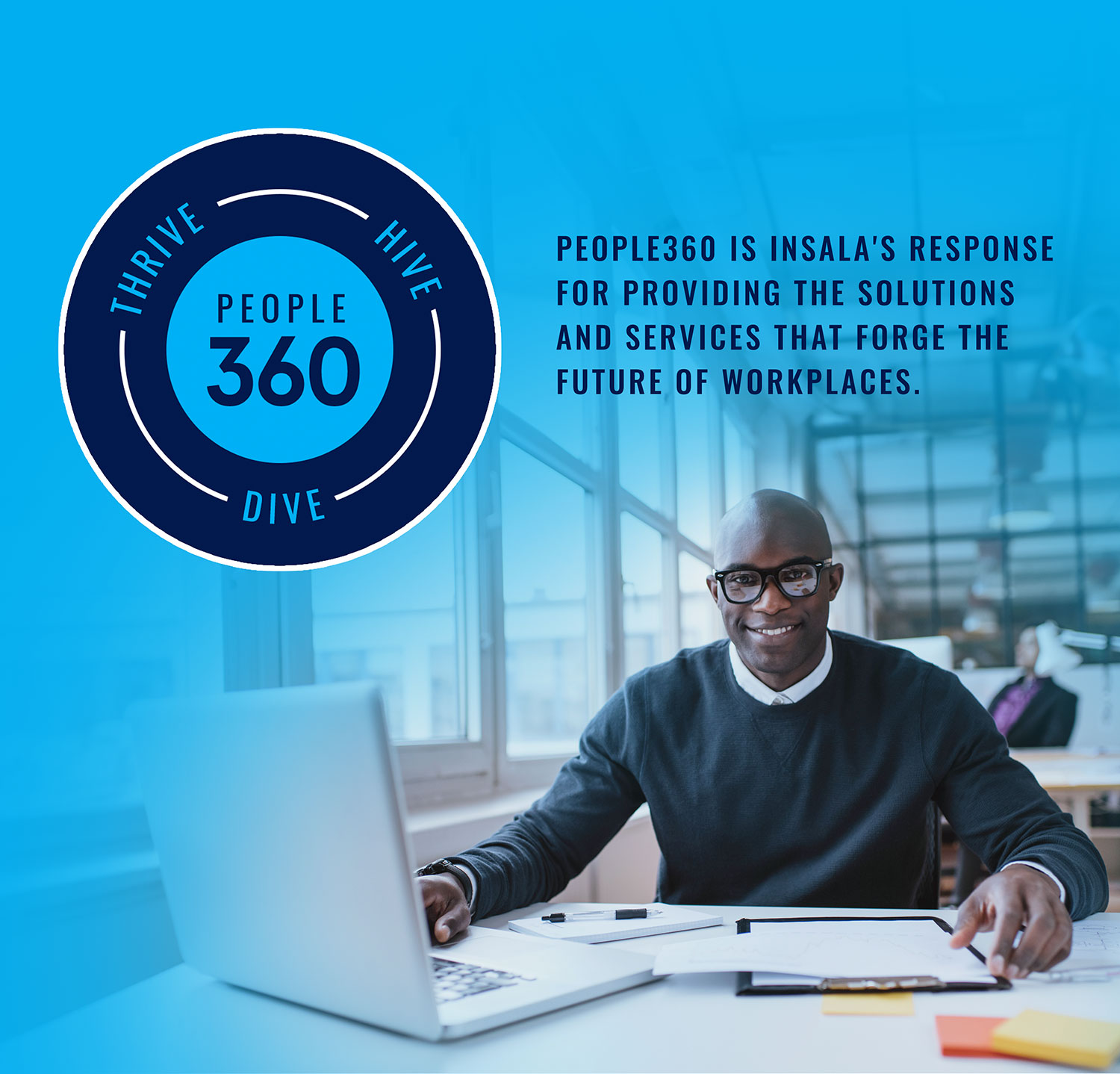How To Find The Right Mentor For You
How To Find The Right Mentor For You Having the guidance and ...
Read more
The Workforce in Transition
The workforce is in a period of drastic transition that isn’t going away anytime soon. This makes the subject of institutional knowledge transfer even more timely and necessary to discuss.
Bear in mind that all employees – not just Gen Y/Millennials segment – are staying with their organizations for shorter and shorter periods of time. Add to this the fact that employees are also taking career development opportunities when and where they become available – even if that’s outside of their current organization. Now that the economy is in a recovery, they can afford more and more to do so.
It’s not enough for just HR to understand the generational differences – but don’t get us wrong, it’s definitely very important for HR to understand and champion methods to overcome those differences. But those methods are by necessity going to have to be team efforts, meaning that all employees from all generations must be able to communicate with and learn from each other.
In a recent study , when asked to indicate the top two primary objectives of their mentoring programs, respondents indicated that “Institutional knowledge sharing or transfer” was the third most frequent objective, at 30.8% of respondents. Taking first and second place as top objectives, unsurprisingly, were “leadership or high potential development” and “skill development”. (Stay tuned for the release of the full survey report at the end of this quarter.)
So while growth and effectiveness take top priority – once again, not surprising in a recovering economy – preservation of institutional knowledge is still a top priority.
But the fact is that they can and should all be working together, and mentoring is an excellent vehicle to make that happen. Why?


How To Find The Right Mentor For You Having the guidance and ...
Read more
How To Establish A Successful Corporate Mentoring Program
Read more
How Mentoring Is Helping Solve The Labor Shortage The labor shortage has become a pressing issue for businesses across industries, with ...
Read more
Now Is The Time To Start Your Mentoring Program In today's ...
Read more
7 Tips To Improve Your Corporate Mentoring Program Corporate ...
Read more

People360 is a pioneer and industry leader recognized by Global 1000 and Fortune 500 companies and associations internationally, for 28+ years as a leader in Career Management, Mentoring, Coaching, Career Transition, Alumni Software solutions and People Analytics.
© 2025 People360. All rights reserved. Privacy Policy